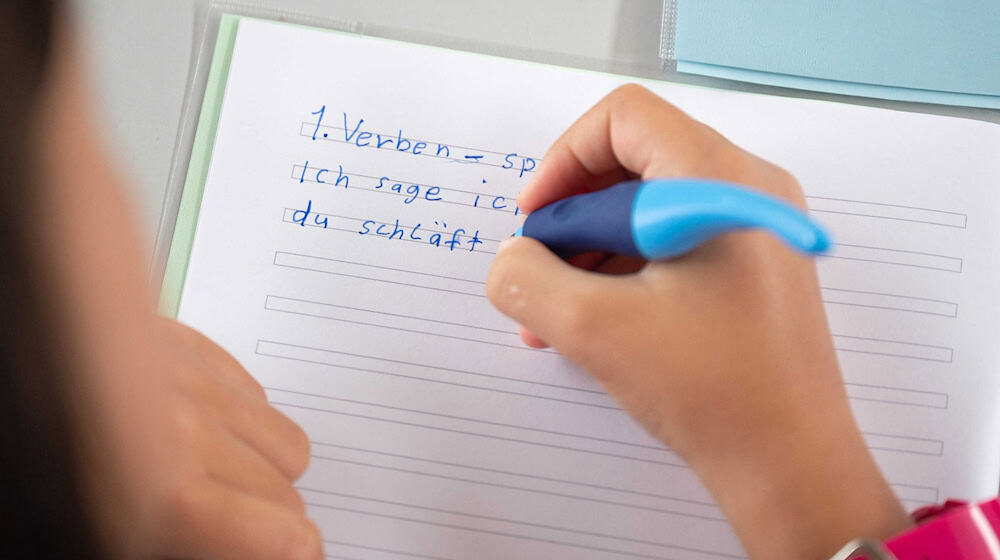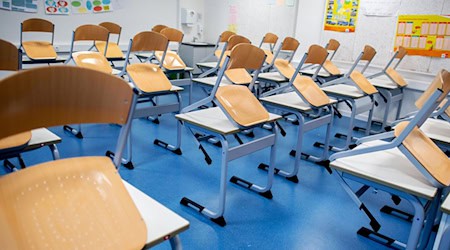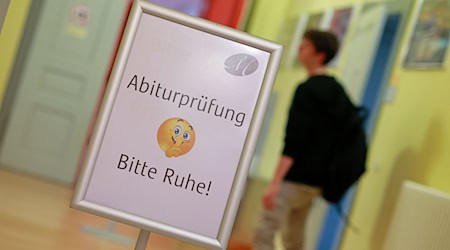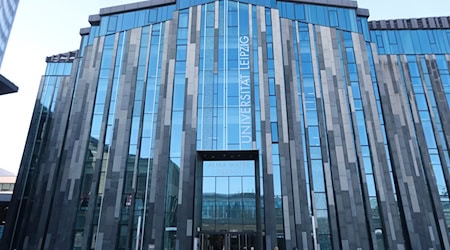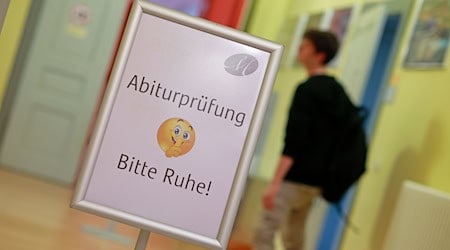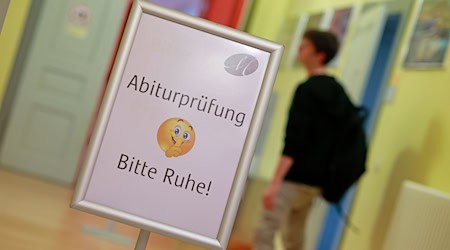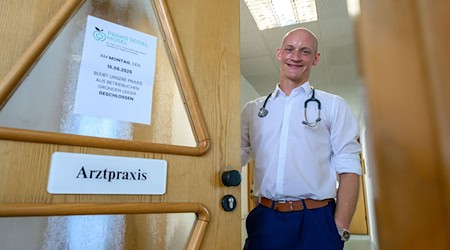The Saxony Philologists' Association does not believe in a migration quota in primary school classes. "On the one hand, even children without a history of migration sometimes have great difficulties in using the German language of education, and on the other hand, such an idea is not feasible from a purely administrative point of view," said state chairman Thomas Langer to the German Press Agency in Leipzig.
A migration quota would require a fundamental change in the distribution mechanism of children to be enrolled in elementary school. Currently, the cities and municipalities distribute the children to the educational institutions via their respective school districts. "This would have to be abolished and primary school pupils would have to be distributed by quota across the towns. Nobody wants that," Langer continued.
Sufficient primary school teachers and good support are much more important
Instead, it is more important to have sufficient German lessons with well-trained primary school teachers and "that those who have difficulties with this, whether they have a history of migration or not, receive much more support", said the state chairman. He added: "We need to pay more attention to German as a language of education in our schools and in early childhood education." This starts with how parents speak to their children at home and thus teach them the language. Everyday school life shows that there is sometimes a "negative development in the use of the German language of education" in all groups of pupils, regardless of whether they have a migration background and regardless of their educational background.
Federal Education Minister Karin Prien (CDU) had previously expressed her openness to an upper limit.
Copyright 2025, dpa (www.dpa.de). All rights reserved

